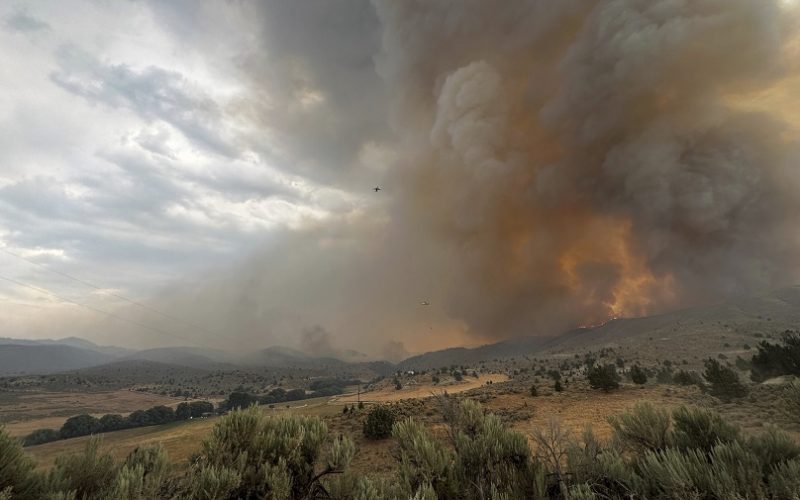Salem, OR – Three Oregon lawmakers have introduced a proposal aimed at preventing utility companies from raising rates on customers while they continue to resolve lawsuits related to their role in recent wildfires. The move comes amid growing concern that utilities, which are facing years-long litigation over their involvement in some of the state’s most devastating wildfires, may pass on the financial burden of these legal battles to consumers.
The lawmakers, who represent both urban and rural districts in Oregon, argue that it is unfair for residents to bear the cost of these ongoing lawsuits through higher utility bills, especially as utility companies work through complex and costly legal proceedings. These companies are already grappling with the financial consequences of wildfires, including claims of negligence, property damages, and the costs associated with firefighting efforts.
In recent years, several utility companies in Oregon have faced lawsuits alleging that their equipment was responsible for starting wildfires, which have caused widespread damage and loss of life in some cases. These lawsuits are expected to continue for several more years, potentially resulting in large financial settlements or judgments against the utilities.
The proposed measure aims to protect consumers from the possibility of rate hikes that could be used to cover these ongoing legal expenses. Lawmakers contend that while utility companies need to recover costs, customers should not be forced to pay for corporate negligence or be left in the dark about how these costs are being passed on.
“At a time when many Oregonians are already struggling with rising living costs, it’s crucial that they are not further burdened by rate hikes that are tied to the utility companies’ legal issues,” said one of the sponsoring lawmakers. “This legislation ensures that ratepayers are protected and that utility companies remain accountable for their actions in the aftermath of these devastating wildfires.”
The bill would require a moratorium on rate increases until the lawsuits are resolved, offering some relief to residents who are facing financial strain due to the increasing frequency and severity of wildfires in Oregon.
Utility companies, on the other hand, argue that they need the ability to adjust rates to cover the financial fallout from the lawsuits and to ensure the continued maintenance and improvement of their infrastructure. They warn that without the ability to raise rates, the long-term stability of their operations and the provision of reliable services could be jeopardized.
As the debate over the proposal unfolds, it is clear that the issue of wildfire responsibility—and who should pay for the aftermath—remains a contentious one in Oregon. With wildfires becoming an increasingly common and costly reality in the state, lawmakers are under pressure to balance the interests of consumers, the utilities, and the broader public in finding a fair and sustainable solution.
The bill is expected to be debated in the upcoming legislative session, with both sides of the issue readying for a heated discussion on how best to address the financial impacts of wildfires and the role of utilities in preventing future disasters.











